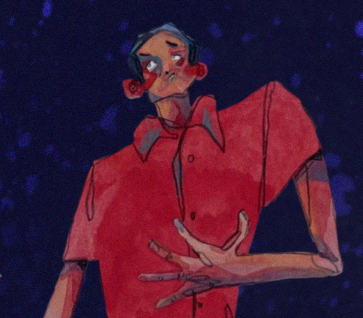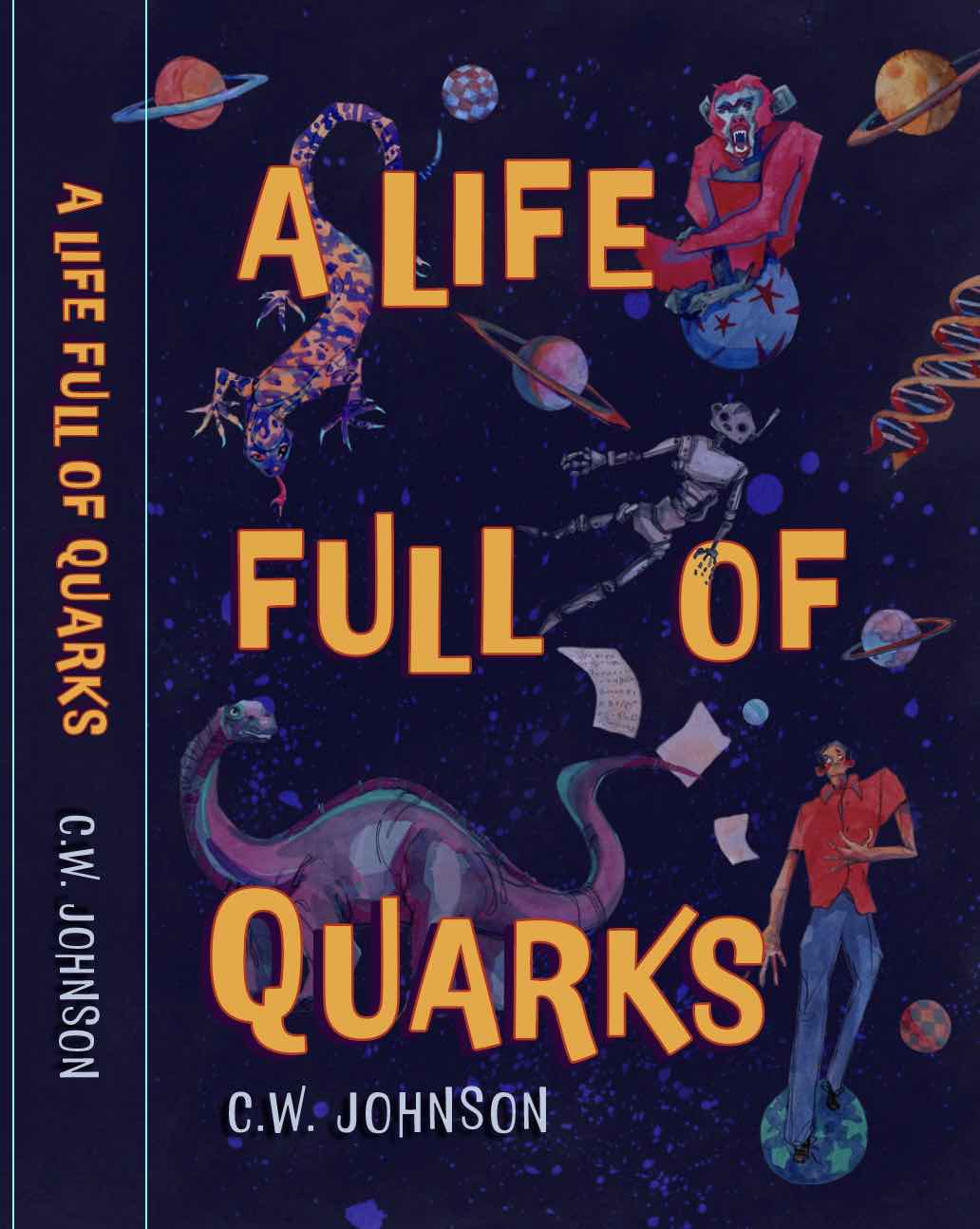My story in self-publishing, part I: Writing, and rewriting, the novel
My background: although I am a physics professor, much like the protagonist of my novel, I also have considerable experience and training in writing. In college, graduate school, and afterwards I took numerous courses in writing fiction, plays, screenplays, and poetry. As an undergraduate I started participating in writing groups. While still in graduate school I took second place in a quarterly Writer’s of the Future science fiction contest. Later I sold short stories to professional and semi-professional SF magazines such as Analog and Asimov’s. I participated in poetry slams--even won money in a bar in Louisiana--and also placed poetry in magazines. For a while I was a pro member of the Science Fiction Writers of America.
A novel is a very different beast than a short story. This novel took… a long time to write. In part this was because I knew what I was writing did not fit easily into any conventional slot. At times I grew discouraged and stopped writing for a few years, and dropped out of writing groups.
Eventually, however, I let go of the idea of traditional publishing. This freed me to finish the book. It also helped that a friend of mine from a writing group I had been in, Steve Rodgers, had self-published several fantasy novels, and he cheerfully shared with me his experiences.
The first step was beta readers. These are not editors, but readers who provide the feedback you typically get from a writing group: this worked for me, this did not work for me, this line was puzzling, I hated character X, I cried at the end. I recruited people from my former writing group as well as a few other friends, and also some paid beta readers: one from Good Reads, and others through Quiet House Editing. They provided useful responses. In some cases, I felt the beta reader did not “get” my novel, but nonetheless I used their comments to strengthen my story.
After a round of revisions, I then sought out a developmental editor, through the site reedsy. (There are many other sites that provide access to services, but I am not going to try to compare them.) A developmental editor dives deeper than a beta reader: she reads the novel carefully and provides detailed notes, analysis, and sometimes potential action items. For this I wanted an editor who was in synch with what I wanted to tell, and luckily, I found her: Olivia Pritzker. She broke down the story, and pointed out places where I could revise to make the story more true to itself. Although the overall skeleton of the narrative remained the same, I made some key, significant revisions, and then asked the editor to review the part of the novel where I’d made the most changes. She made some additional useful comments, leading to a final set of revisions. This costs money, of course, but I believe it was well worth it. By the way, there are pretty transparent industry standards for pricing, as well as a vigorous system of providing public feedback on editors and other service providers.
Next, I hired, again through reedsy.com, a copy-editor, Robin Fuller. I am a reasonably meticulous writer, a good speller, good with grammar, and I relentlessly polish my work. Even so, like any author I have my blind spots, and I didn’t want sloppy mistakes marring my work. She carefully went through the novel, using Microsoft Word’s review changes function, and did an excellent job. She used more exclamation marks than I would, as well as more said-bookisms (synonyms for ‘he/she said’), and some of those changes I changed back, as was my right. Nonetheless I think the copy-editor was well worth it.
The next step: publishing!

